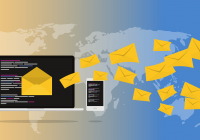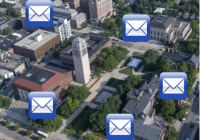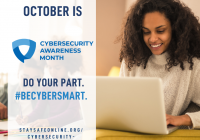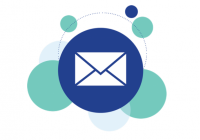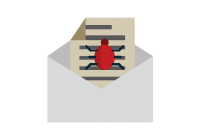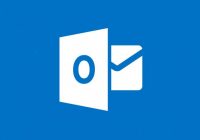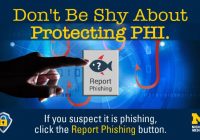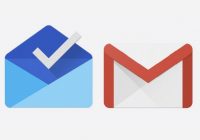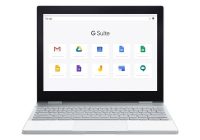Tag Archives: email
New cross-university project aims to solve email marketing issues
Units across the university use email to market to external audiences, including prospective students and parents, alumni, donors, corporate or foundation partners, and the like. Even where it might be convenient for university units or stakeholders to see our unit activities as separate, other stakeholders and the law see our activities as stemming from a singular source. Learn… Read More »
The many options of NameCoach help build inclusivity
New phishing curriculum for your unit
Write emails that don’t look phishy
People are rightfully suspicious of unsolicited email, but that can sometimes cause them to ignore or delete your legitimate university communications. In order to not appear phishy, focus on helping recipients verify the legitimacy of your U-M emails so they know they are safe to open. Tips are available on the Safe Computing website.
Email forwarding addresses updated in MCommunity
Continual improvement of anti-phishing filters: Area 1
Buried by emails? Here are a few ways out
A survey conducted at Michigan Medicine determined that emails were a key factor in daily stress and burnout among faculty, staff, and learners. And while there’s no surefire way to prevent emails from arriving in your mailbox, you can learn a few tips that can help you manage them so they don’t become such a daily burden. At… Read More »
October is Cybersecurity Awareness Month!
A new email security tool — Virtru!
Make your U-M Gmail even more secure Information and Technology Services (ITS) is happy to announce that effective immediately, students, staff, and faculty have access to a new email security tool — Virtru. (Note: Michigan Medicine provides a similar capability for their email service). With Virtru, you can send end-to-end encrypted email to any address, prevent a forwarded email… Read More »
How to spot misleading sender addresses
Some email scams are easy to spot. Other types of scams, like emails with forged or misleading sender addresses, can be harder to catch. Such emails are often referred to as “spoofed.” Scammers “spoof” by trying to make you think the sender is someone you know and trust in an attempt to get you to send money, disclose… Read More »
Increase in emails impersonating U-M deans and other employees
ITS Information Assurance is seeing an increase in fraudulent emails that appear to come from U-M deans, employees and offices. These fraudulent emails use a practice known as “spoofing.” Different versions of these emails ask the recipient to: Quickly arrange for gift cards to cover a university expense Reply if you are available Make an immediate wire transfer… Read More »
Write emails that don’t look phishy
Given the current infodemic related to the COVID-19 pandemic, it is harder than ever to get your important university information through to the people who need it. People are rightfully suspicious of unsolicited email, but that can sometimes cause them to ignore or delete your important, legitimate communications. Focus on helping recipients verify the legitimacy of your U-M… Read More »
Remote access to Michigan Medicine Outlook changing November 21
Due to an increased threat of phishing attacks targeted at Michigan Medicine, remote access to Outlook email will change on November 21. Michigan Medicine email users will need to connect to the VPN or use Outlook on the Web anytime they are off the Michigan Medicine network. This change only impacts laptop or desktop computers — accessing email on… Read More »
Tech Tip: FutureMe
This month’s tip is a free, online service that enables you to schedule emails to yourself or others. FutureMe can remind you to do something, provide you with a quick confidence boost before a big presentation, be used as a diary, to make predictions on what the next iPhone is going to be named, or even to schedule… Read More »
HITS simulated phishing campaign continues through June
Tips for writing emails that don’t look phishy
You have an important university email to send, but how do you craft it so it looks like the official, trustworthy, communication it is? In other words, how do you keep people from thinking it is a phish? Email users are rightfully suspicious of unsolicited email, but that can sometimes cause them to ignore or delete your important,… Read More »
Inbox by Gmail ending
UM-Flint prepares for move to Google in 2019
Google announces cutover dates for the new Gmail
Google recently announced the following dates for the rollout of the new Gmail interface: September 18: Google automatically switches everyone to new Gmail. Users can still revert to “classic Gmail” for one month. October 16: Everyone will be permanently switched to new Gmail and “classic Gmail” will no longer be available. Users can currently opt in to the… Read More »


